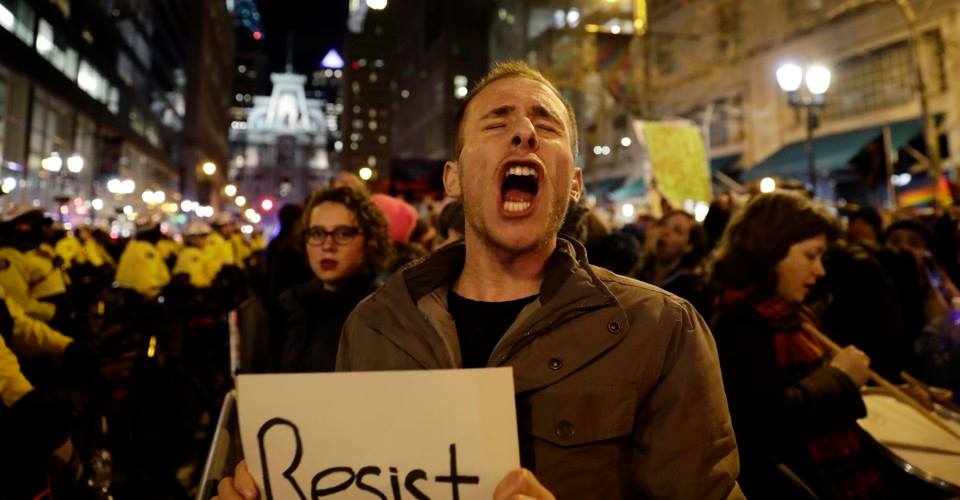Ana Hofman held a lecture at the Institute for Slavistics, Vienna University
In this talk, I examine how affective power of collective singing (and listening) of partisan songs is an essential aspect of the construction of Yugoslav revolutionary subjectivity. I draw on my long-term research on the genre of partisan songs, its affective politics during Yugoslav socialism and its afterlife in the post-Yugoslav societies. Looking at the iconic soundtracks from the partisan films Bitka na Neretvi (1969) and Užička Republika (1974), I observe the affective encounters produced by and through the auditory experience of partisan songs as a main tool for portraying collective revolutionary becomings. The fact that partisan songs are “born” in the moment of struggle and resistance suffuses them with a particular drive or spirit that triggers the songs’ mobilizing force and enables mobilization on various somatic, sensorial, emotional and cognitive levels. For this reason, they are not employed in the films as a tool for mediating a particular set of ideas and values, but are primarily as affectively imbued sonic objects. In other words, affective power of collective singing and listening is used to portray the emergent revolutionary sense of collectivity as highly somatic and affective experience. In this talk, I first examine the historical discourses of the affective power of partisan songs with an emphasis on their collective authorship, performance, mediation and circulation. In the second part, I engage with complex overlapping histories and memories of the antifascist struggle, resistance, and revolution as condensed in an aural experience that is capable of transmitting a spirit of the moment of Yugoslav partisan struggle with all its revolutionary exceptionality.

